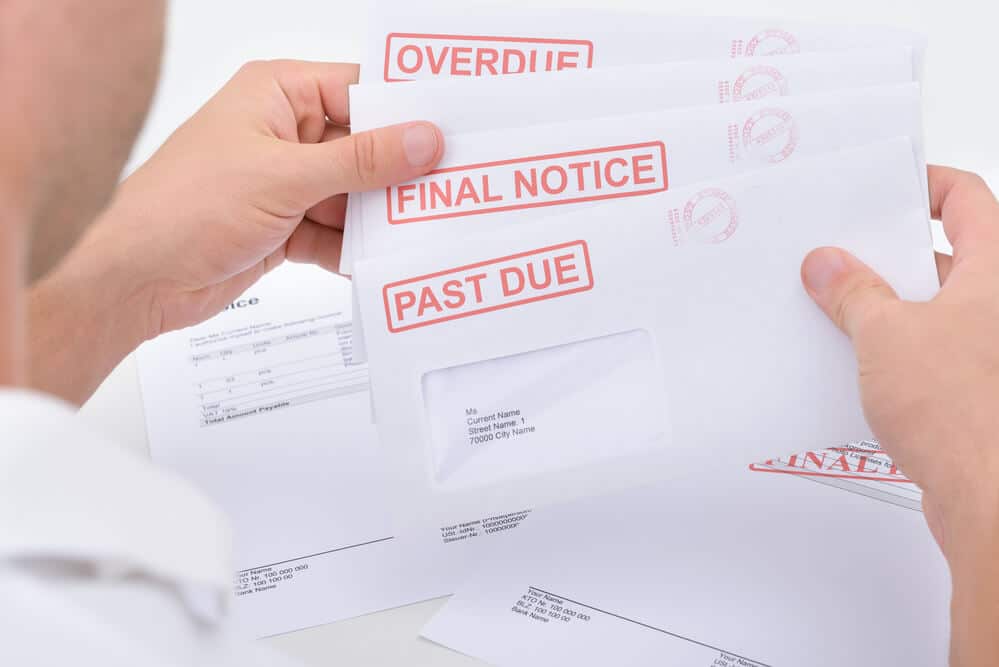
February 7, 2023
As a landlord, it is your responsibility to handle evictions lawfully. If you are unsure how to evict a tenant for non-payment of rent, our Coral Gables landlord attorney has some advice.
Managing rental units can be a lucrative business with a substantial income stream. That income comes from the rental tenants, so when they do not pay, it is a landlord’s legal right to have them removed from the rental property. But how do you do it? Our Coral Gables landlord attorney at Casais & Prias has helped many landlords through the eviction process and has legal advice for you if you have a non-paying tenant.
What Can You Evict A Tenant For In Florida?
The three most common reasons for eviction in Florida are:
- Non-payment of rent.
- Failure to follow the terms of the lease agreement.
- Failure to maintain the rental unit according to the standards set by Florida law.
What Is The Legal Process For Eviction In Florida?
When you follow these steps laid out by our Coral Gables landlord attorney, you should have a smooth eviction process that does not leave you open to legal action against you.

Step 1: Give Proper Notice
This is the first step in the eviction process. The amount of notice required depends on the type of violation. Many courts require proof that the tenant received notice of eviction so the landlord should use certified mail, return receipt, or post the notice in a conspicuous place on the property.
- Three-Day Notice – This type of notice is given for failure to pay rent. It states that a tenant has three days to pay the rent that is due. The notice must state that if rent is not paid by the end of this three-day period, the rental agreement will be terminated. At that time, the landlord can begin a lawsuit against the tenant.
- Seven-Day Notice – This type of notice is given when there has been a violation in the rental agreement and it allows the tenant to “cure” the violation within the seven-day period.
- Seven-Day Unconditional Quit Notice – If the violation cannot be cured or corrected, this notice lets the tenant know that they have seven days to vacate the property or be subject to an eviction lawsuit.
Step 2: Write Your Complaint And File Your Lawsuit
Once a landlord has complied with the three- or seven-day period, they can file a lawsuit against the tenant for non-payment of rent. This lawsuit needs to be filed in the courthouse of the county where the rental property is located. The lawsuit must contain the following information:
- Eviction complaint
- Stamped and addressed envelope
- Landlord’s contact information
- Property location
- Specific violations committed by the tenant
- Request for eviction
The landlord should also attach a copy of the lease agreement (if there is one) and a copy of the eviction notice that was sent to the tenant.
Step 3: Serve The Tenant With The Eviction Lawsuit
This step must be completed by the Sheriff’s Office or the landlord can choose to hire a company to serve the tenant. The tenant has five days from the date of being served to file a written response with the court.
Step 4: Court Hearing
At the court hearing, the judge will review the lawsuit. The landlord must be present at this hearing and will be expected to give testimony. If the judge rules in the landlord’s favor, they will be awarded possession of the unit. The judgment will be sent to the county clerk and the landlord will receive a Writ of Possession.
Step 5: Eviction
After the Sheriff’s Deputy serves the tenant with the Writ of Possession, they have 24 hours to vacate the property or be forcibly removed by the Sheriff’s office.
How Our Coral Gables Landlord Attorney Can Help
As you can see, the eviction process can be complicated and, if you do not follow each step precisely, it can cost you time and money. Hiring an eviction attorney can help expedite the process so that you can continue to earn on your rental investment. Contact our offices today with any questions you have about the eviction process. We look forward to working with you.